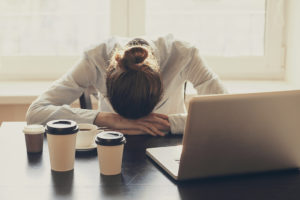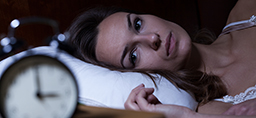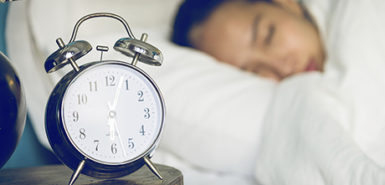
Sometimes naps are good for you and sometimes they’re not.
A combined analysis of nine studies recently concluded that regular naps may increase a person’s risk of high blood pressure.
But those findings should not be read as a wakeup call for people who enjoy an afternoon rest.
That’s the opinion of Thomas Boyden, MD, medical director of preventive cardiology at Spectrum Health Medical Group.
You have to be careful about drawing conclusions when looking at the combined results of multiple studies, Dr. Boyden said.
“There is a lot of data that you just can’t extrapolate,” he said. “When you look at most studies on napping, there’s more to it than just napping.”
Generally, an occasional afternoon nap is OK, Dr. Boyden said, particularly if the previous night’s sleep wasn’t so great. But you still have to look at what caused the lack of sleep.
If someone is taking naps on a daily basis, it calls for some investigating, but that doesn’t necessarily mean there’s a major health issue, the doctor said.
Clean sleep
Poor sleep hygiene may trigger a desire for naps, Dr. Boyden said.
Ideally, people should not eat or drink after 8 p.m.
They should create proper sleeping conditions, such as a dark bedroom with nothing to stimulate the senses. No radio, no cell phone, no television.
“Most people who are taking good care of themselves, getting good sleep, etc., don’t need naps,” he said.
There are, however, serious medical conditions that might cause lack of sleep at night.
Sleep apnea is one of the more common sleep disorders. It can cause increased risk of heart disease, hypertension and heart failure, as well as contribute to early dementia.
Sleep apnea affects people of all ages and sizes, Dr. Boyden said, and it can contribute to weight gain that may lead to Type 2 diabetes.
Lack of sleep can also affect eating habits.
“Sleep apnea is much more dangerous than people want to admit,” Dr. Boyden said. “A lot of apnea is due to people being overweight. It’s the elephant in the room that no one wants to discuss.”
The extra weight, when sleeping, can cause tissue to compress the airway and decrease oxygen to vital organs, resulting in interrupted sleep, Dr. Boyden said.
 /a>
/a>
 /a>
/a>
 /a>
/a>
##Thank-Y-All-For-Looking-Out##
What’s a person to do. About half of the articles I’ve read on napping say it lowers blood pressure, and half of them say it raises blood pressure. As usual we are left confused and unsure. Just like one day coffee’s bad for you, and one day it’s good for you. I give up !